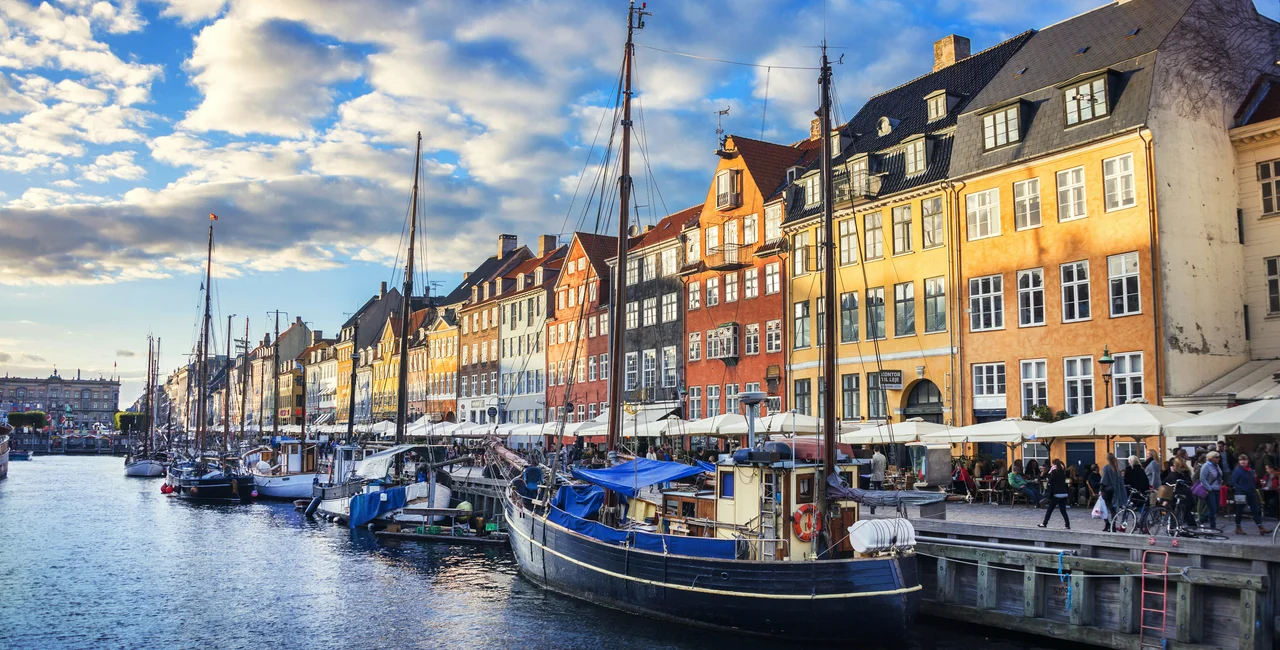Belgium, Denmark, Greece, Slovenia, Sweden and Switzerland will all be upgraded to low-risk green on the latest Czech Covid-19 travel map, the Health Ministry announced on Friday.
Spain, meanwhile, will move to high-risk red on the new map, valid as of Monday.
No restrictions currently apply to arrivals from green countries to the Czech Republic. However, Czech travel conditions will change again as of July 9, requiring testing for all unvaccinated travelers regardless of the country they are coming from.
(NOTE: the map published yesterday by the Czech Foreign Ministry does not yet reflect the latest changes.)
âš ï¸@ZdravkoOnline aktualizovalo seznam zemà podle mÃry rizika nákazy. Od 5. 7. patřà do zelené kategorie 🟢 Belgie, Dánsko, Řecko, Slovinsko, Å védsko a Å výcarsko, Baleárské ostrovy budou 🟠a Äervené 🔴bude Å panÄ›lsko. Do Äerné âš«ï¸novÄ› Tunisko. âž¡ï¸https://t.co/2MUXFKHR8w pic.twitter.com/7rJ4iz1cZa
— MZV ÄŒR (@mzvcr) July 2, 2021
As of Monday, the low-risk countries and regions will be Albania, Australia, Austria, Belgium, Bulgaria, Croatia, Denmark, Estonia, Finland, Germany, Greece, Hong Kong, Hungary, Iceland, Israel, Italy, Japan, Lebanon, Liechtenstein, Lithuania, Luxembourg, Macao, Malta, North Macedonia, Norway, New Zealand, Poland, Romania, San Marino, Serbia, Singapore, Slovakia, Slovenia, South Korea, Sweden, Switzerland, Taiwan, Thailand, the USA, the Vatican and Madeira.
The Balearic Islands will move from green to medium-risk orange, joining Andorra, Cyprus, Ireland, Latvia, Monaco, Portugal and the Azores.
Spain and the Canary Islands will be among the high-risk red countries.
All other countries, including the UK, will be considered very-high-risk dark red.
On arrival from dark red, red, and orange countries, a negative Covid-19 test in advance is required from travelers who use public transport to enter the Czech Republic. Those using private transport must take an antigen or a PCR test within five days of their arrival from an orange country, and a PCR test if they returned from a red or dark red country.
On arrival from a dark red country, a PCR test in the Czech Republic is mandatory from the fifth day after arrival at the earliest and on the 14th day at the latest. The traveler must stay in quarantine until the test result is known.
Health Minister Adam Vojtěch announced at a press conference following a government meeting on Thursday night that conditions of travel to the Czech Republic would change as of July 9, and people would have to be tested for Covid-19 upon arrival from all countries.
If arriving from an orange or green country, travelers must fill in an arrival form and take an antigen test within 48 hours or a PCR test within 72 hours. For travel from red and dark red countries, conditions currently valid for arrival from dark red countries will be in effect.
Employers will not be allowed to let employees returning from holiday abroad enter the workplace without a negative test.
These conditions will not apply to people who have been vaccinated against Covid-19 or recovered from the disease within the past 180 days. However, all travelers except for those arriving from green countries must fill in the arrival form.
Travel to countries with an extreme risk of new coronavirus mutations remains banned. These are Russia, Paraguay, Peru, Colombia, Botswana, Brazil, Eswatini, South Africa, Lesotho, Malawi, Mozambique, Nepal, Russia, Tanzania, Zambia, Zimbabwe and India because of an extreme risk of the spread of new, more infectious coronavirus mutations in them. Tunisia will join this list on Monday.
However, Vojtěch said after the government meeting on Thursday that the official ban on travel would change into a strong recommendation.












 Reading time: 2 minutes
Reading time: 2 minutes 































